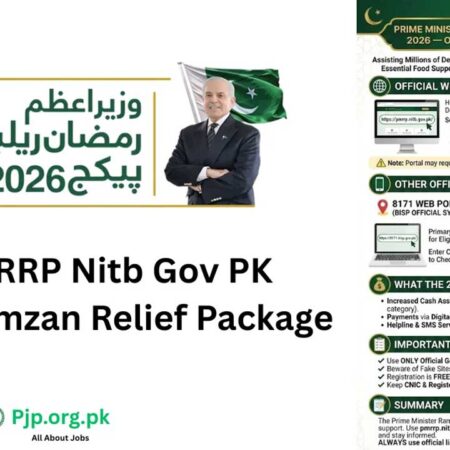By: Muntazir Ayub Balti
Every year, during summer vacations and Eid holidays, thousands of travelers commuting between Gilgit-Baltistan and Rawalpindi face a serious and recurring issue: the unchecked exploitation by transport companies. Taking advantage of passengers’ limited options, urgency, and lack of regulation, private transporters routinely charge double or even triple the regular fares for routes between Rawalpindi and cities such as Gilgit, Skardu, Hunza, and Nagar.
With no railway infrastructure in Gilgit-Baltistan and only a few, often expensive, flights available, the majority of students, government employees, laborers, and businesspeople are forced to travel by road. This lack of alternatives has become a golden opportunity for the transport mafia to exploit passengers for profit.
Under normal circumstances, buses and vans traveling from Rawalpindi to Gilgit, Skardu, Diamer, Hunza, Nagar, Ghanche, and other districts charge around PKR 4,000 to PKR 5,000. But during June, July, and holiday seasons like Eid-ul-Fitr and Eid-ul-Adha, the fares often skyrocket to twice or even three times that amount. If passengers object, they’re coldly told, “Take it or leave it. Others are waiting.”
Temporary Government Action & Limited Impact
This year, following a surge in public complaints, the Gilgit-Baltistan police cracked down on some transporters in various regions, issuing fines and even facilitating refunds for passengers in certain cases. Sudden inspections were carried out at bus stations in Gilgit, Skardu, and Chilas. Fare lists were issued under the supervision of Assistant Commissioners and Deputy Commissioners to curb overcharging.
However, these efforts have been inconsistent and localised. Without a long-term policy and permanent mechanisms, the problem keeps resurfacing. The question remains: if this happens every year, why has the government still failed to implement a lasting solution?
Punjab Government’s Role Is Crucial
Since most journeys to Gilgit-Baltistan begin from Rawalpindi or Islamabad both under Punjab’s jurisdiction it is unfair to place the entire burden on the Gilgit-Baltistan government. The Punjab government must also take responsibility for addressing this issue, as the exploitative transport companies operate from within its borders.
Is it too much to ask that inter-provincial bus terminals in Rawalpindi be strictly monitored, with clearly displayed fare charts and tough penalties for violations? The federal government, too, should step in this is not merely a regional concern, but a national one.
Passengers Caught in the Crossfire
Students, who often have limited budgets, are hit hardest. Not only do they face exorbitant fares, but they also have to travel in poorly maintained, overcrowded vehicles. Several accidents in the past have been linked to these unsafe conditions.
One student shared that he had to pay PKR 9,000 to travel from Islamabad to Gilgit double the regular fare of PKR 4,500. “I had no choice,” he said.
Unfortunately, this isn’t a one-time event. Year after year, the same pattern repeats: complaints rise, media reports the issue, public protests erupt, authorities take short-term action, and then everything fades back to normal.
This recurring pattern reveals that the problem is not accidental, but part of a well-established and profitable business model. Token statements and one-off actions won’t be enough to dismantle it.
What Must Be Done A Call to Action
To truly resolve this ongoing crisis, the following steps are essential:
- Joint Fare Policy: Gilgit-Baltistan and Punjab governments must issue a unified, standardized fare structure to be enforced year-round.
- Seasonal Support: The government should provide additional buses during high-demand seasons like Eid and summer vacations.
- Complaint Mechanism: Launch a centralized helpline and mobile app where passengers can immediately report overcharging or mistreatment.
- Strict Penalties: Impose heavy fines, vehicle suspensions, and license cancellations for repeat violators.
- Public Awareness: Educate travelers about their rights and available recourse through public campaigns.
When state institutions fail to protect basic rights, citizens’ trust in governance begins to erode. The people of Gilgit-Baltistan are as much citizens of this country as anyone else and deserve equal rights including affordable and dignified transportation.
Profit-making in the transport sector is not inherently wrong. What’s unacceptable is turning public hardship into a business opportunity. The governments of Gilgit-Baltistan and Punjab must come together to implement a permanent solution so that year after year, passengers are not forced to endure this same injustice.










No Comment! Be the first one.